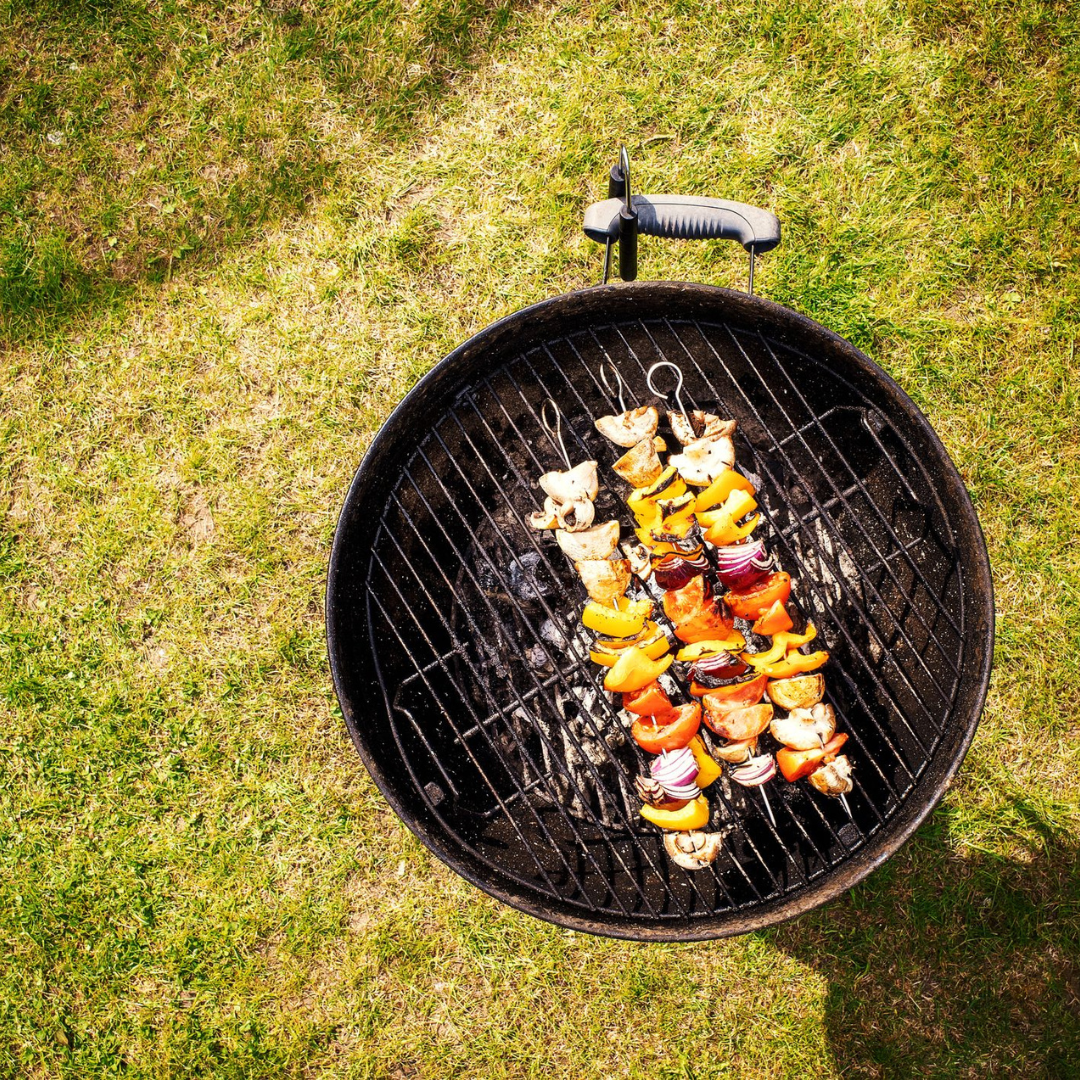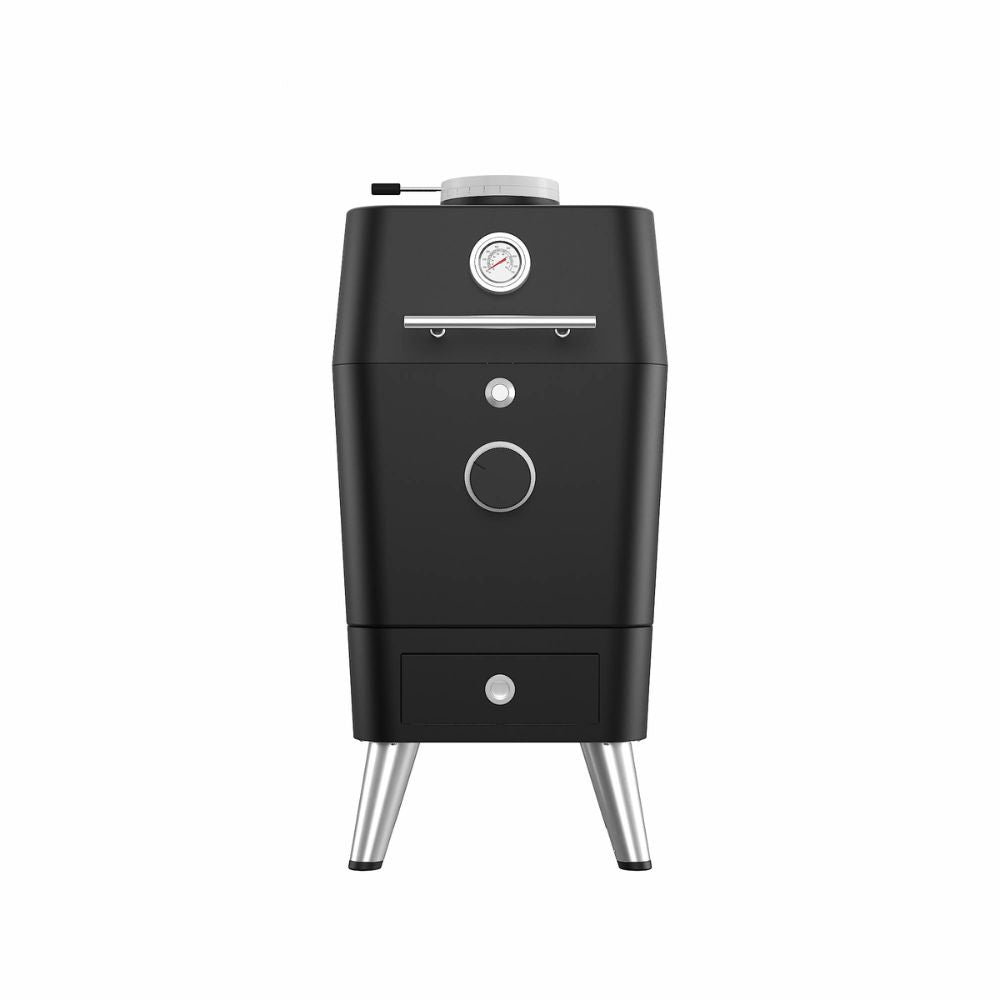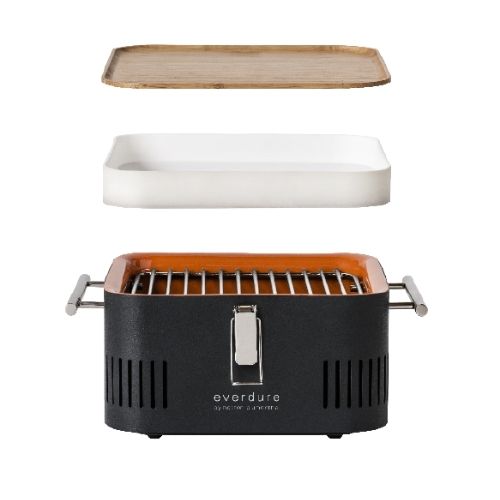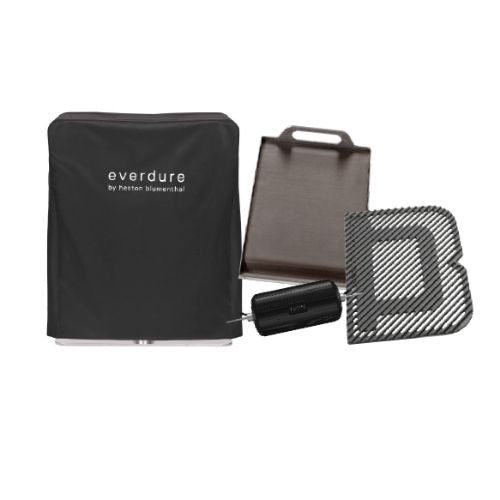Sustainable BBQ Practices: Eco-Friendly Grilling Tips

Barbecuing can be both enjoyable and environmentally friendly. By making conscious choices, you can reduce the carbon footprint of your BBQ gatherings while still enjoying delicious food. Here are some tips to help you host a more sustainable BBQ:
1. Choose Sustainable Charcoal and Fuel Options
Sustainable Charcoal:
- Lump Charcoal: Opt for lump charcoal made from natural hardwoods. It burns cleaner and hotter than briquettes and doesn’t contain additives or chemicals.
- Certified Charcoal: Look for certifications like the Forest Stewardship Council (FSC) which ensures the wood used is sourced sustainably.
Alternative Fuels:
- Natural Gas or Propane: These fuels burn cleaner than charcoal, producing fewer emissions.
- Electric Grills: Consider using an electric grill, especially if your electricity comes from renewable sources.
- Solar Grills: For an innovative and sustainable option, solar-powered grills use sunlight to cook food, eliminating emissions entirely.
2. Use Eco-Friendly Grills
Efficient Designs:
- Grills with Temperature Control: Efficient temperature control reduces fuel consumption.
- Infrared Grills: These use less energy by directly heating the food rather than the air around it.
Materials and Longevity:
- Durable Materials: Invest in high-quality grills that last longer, reducing waste.
- Recyclable Materials: Choose grills made from recyclable materials.
3. Source Local, Organic Ingredients
Local Meats and Vegetables:
- Farmers’ Markets: Purchase meat and produce from local farmers’ markets to reduce transportation emissions.
- CSA Programs: Community Supported Agriculture (CSA) programs provide local, seasonal produce.
Organic and Grass-Fed Options:
- Organic Meats: Organic farming practices avoid synthetic pesticides and fertilizers, reducing environmental impact.
- Grass-Fed and Free-Range: These practices are more sustainable and often more humane than conventional methods.
4. Minimize Waste
Reusable and Biodegradable Products:
- Reusable Tableware: Use reusable plates, cups, and cutlery instead of disposable ones.
- Biodegradable Options: If disposables are necessary, choose biodegradable or compostable options made from materials like bamboo or cornstarch.
Reduce Food Waste:
- Plan Portions: Estimate portions carefully to avoid over-preparing food.
- Repurpose Leftovers: Get creative with leftovers by incorporating them into new meals.
5. Green Your Cleaning Routine
Eco-Friendly Cleaners:
- Natural Cleaners: Use natural, non-toxic cleaning products for your grill and BBQ area.
- DIY Cleaners: Make your own cleaning solutions using ingredients like vinegar, baking soda, and lemon juice.
Proper Disposal:
- Ash Disposal: Dispose of charcoal ash responsibly. If using natural lump charcoal, the ash can sometimes be used in compost or as a soil amendment.
- Recycle: Recycle any cans, bottles, and packaging from your BBQ.
Benefits of Reducing Your BBQ's Carbon Footprint
Environmental Impact:
- Lower Emissions: Choosing cleaner fuels and local ingredients reduces greenhouse gas emissions.
- Sustainable Practices: Supporting sustainable agriculture and forestry helps protect ecosystems and biodiversity.
Health Benefits:
- Cleaner Air: Reduced emissions lead to better air quality, benefiting everyone’s health.
- Healthier Food: Organic and locally sourced foods are often fresher and contain fewer harmful chemicals.
Economic Impact:
- Support Local Economy: Purchasing from local farmers and producers supports your local economy and encourages sustainable practices in your community.
- Cost Savings: Efficient grills and mindful fuel use can save money in the long run.
By incorporating these eco-friendly practices into your BBQ routine, you can enjoy delicious meals while contributing to a healthier planet.












